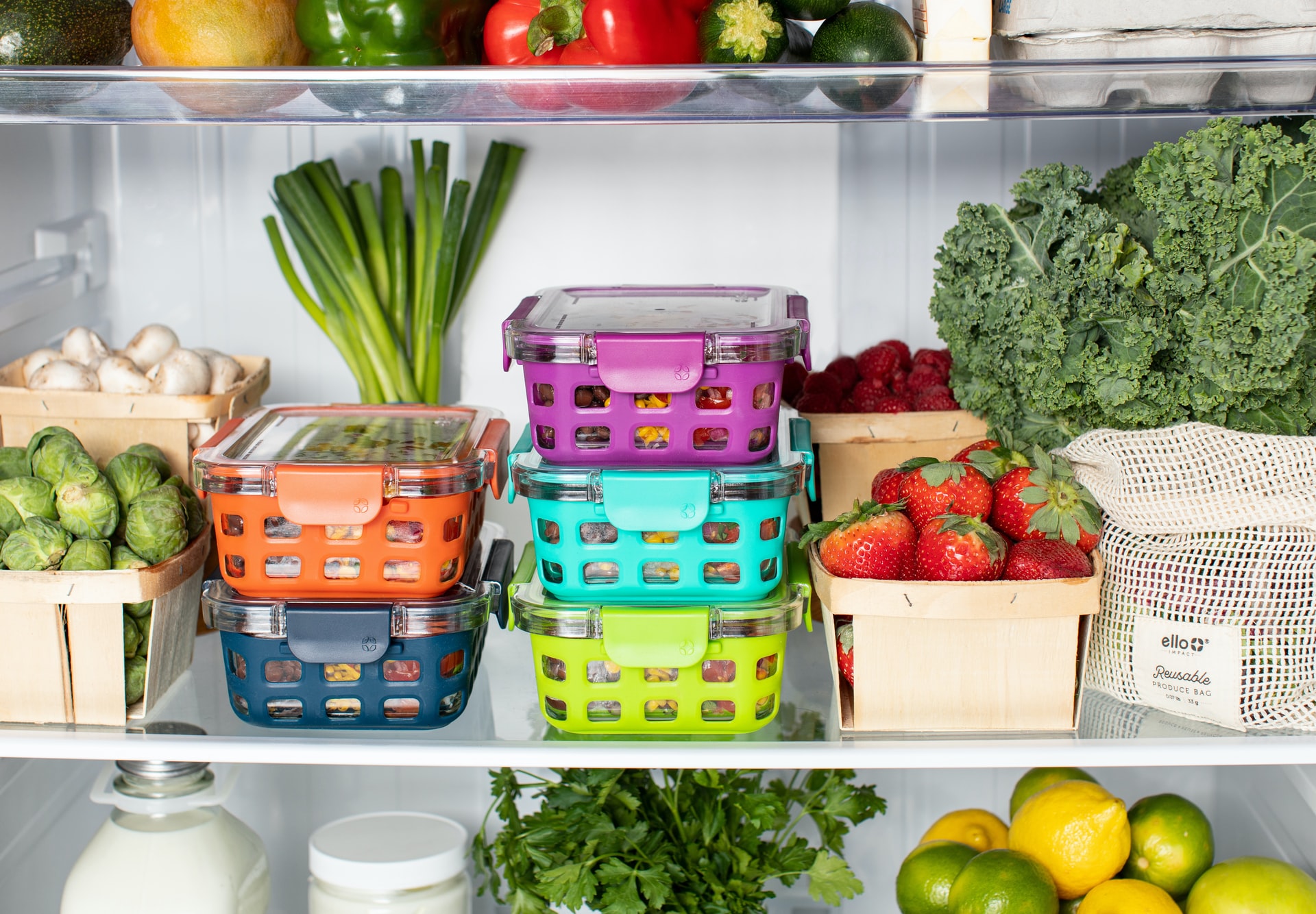
The refrigerator is a wonderful invention, but it is important to remember that not all foods can be stored in it. You will probably want to clean up your kitchen after this article. Find out what foods can’t be kept in the fridge!
Fruits and vegetables should not be put in the refrigerator, such as:
Legumes, including beans, peas or lentils can be kept in a dark kitchen cupboard. Transfer them to glass jars, so you reduce the risk of unwanted guests like food moths nesting in your beans or peas. You’ll also find it easier to measure out what you need to cook.
When storing vegetables outdoors, make sure they are tucked away in cool, dark places. Tomatoes should lie in a separate dish, such as a metal or ceramic bowl. Storing tomatoes with other vegetables will result in them rotting faster. It is advisable to store tomatoes in a wide dish so that they don’t lie on top of each other, otherwise they will also go mouldy faster. Apples can be put in a wicker basket, as can cucumbers or carrots.
You can store strawberries and raspberries in the fridge on very hot days. Watermelon tastes good when it’s slightly chilled, but fruits like apricots, plums, or pears don’t need to be put in the fridge.
Fruits like to be out of sunlight, dry, and away from heat sources such as a gas stove or oven.
The refrigerator is also not a suitable place to store bread, rolls or flour. Bread put in the refrigerator not only gains moisture unnecessarily, but also gets stale much faster. For bread, use a breadbox made of metal or wood
Pasta and cornflakes should also stay out of the fridge. You can pour them into reusable containers. Flour can also be tucked into kitchen cabinets or glass containers. Groats and rice in the refrigerator will definitely gain moisture, making them inedible
If you like to stockpile dry goods for an “emergency”, put them in paper wrappers after purchase. To remember their expiration date, write it on the package along with what is in the bag. If you are afraid of food moths, we have a simple trick – put a bay leaf in each bag of groats or rice. It will effectively deter these winged intruders.

It may be surprising, but many people store tea and coffee in the refrigerator. Unfortunately, the refrigerator will not preserve the aroma of your favorite brew. On the contrary, the low temperature makes these products completely lose their beautiful aroma. If you want to preserve the taste and smell of your favorite drinks, store them in an airtight jar. Remember to keep them dry!
Honey in the refrigerator will crystallize quickly and instead of a liquid form, it will have the appearance of very tightly curdled peanut butter. The best conditions to store this valuable product are between 8 and 16 degrees Celsius and no light. A pantry or a closed kitchen cupboard is a suitable place for honey.
Both olive oil and oils get cloudy in the refrigerator. It’s a good idea to store them in a darkened kitchen cabinet, and it’s best to pour them into glass containers.
Like coffee and tea, herbs for seasoning food should not be stored in the refrigerator. Low temperatures and moisture will make your favorite spices lose their aroma and flavor. You can pour them into seasoning holders and place them on the kitchen counter. They will be easily accessible and at the same time will keep their unique aroma.
Photo: Ello/Unsplash